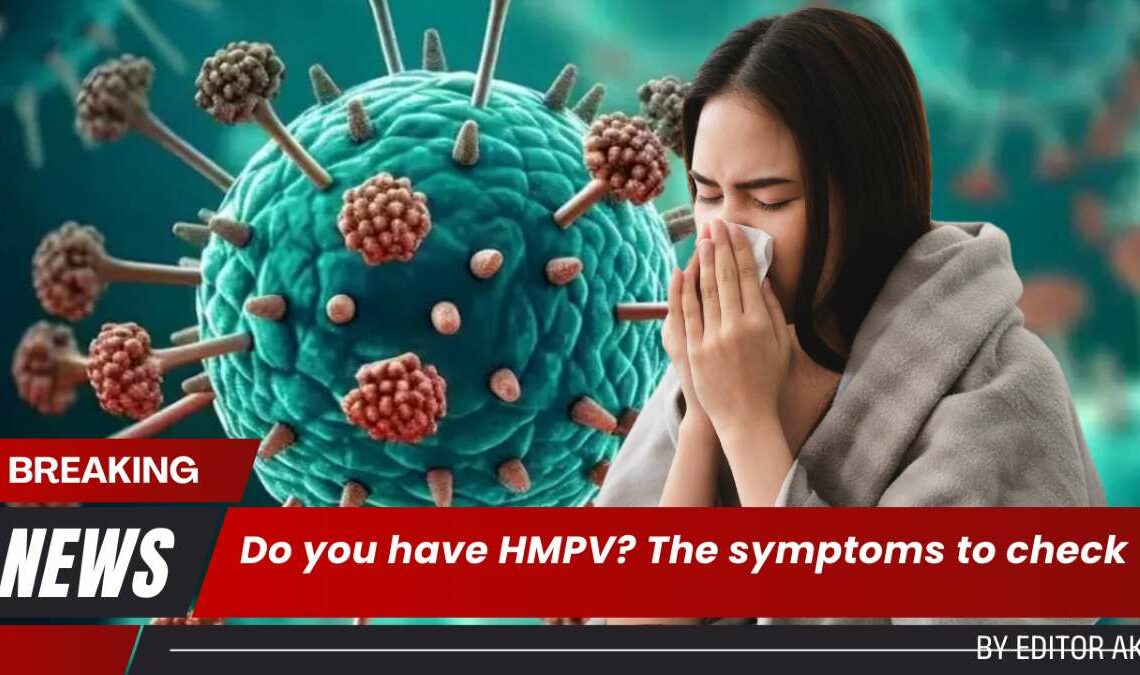People are scared about a Covid-like pandemic striking the UK due to the rising cases of Human metapneumovirus HMPV virus in China, but should we be concerned?
In 2019, when most of us had never heard of the “severe acute respiratory syndrome coronavirus 2,” or COVID-19, a viral outbreak in China sounds frighteningly familiar.
Meanwhile, HMPV instances have risen to 4.5% in the UK, with children under five years old accounting for the largest percentage.
However, British specialists like Prof. Sir Andrew Pollard, who is the director of the University of Oxford’s Oxford Vaccine Group, are eager to reassure us that “it is one of the many viruses which circulate in the winter.”
Contents
What is HMPV exactly?
According to Paul Hunter, a medical lecturer at the University of East Anglia, HMPV is a respiratory virus that is a member of the “cocktail of winter viruses, a very common respiratory infection that peaks in winter.”
By the time they are five years old, almost all children will have contracted HMPV at least once, and we may anticipate having several reinfections throughout their lives.
It belongs to the same virus family as respiratory syncytial virus (RSV), which frequently causes colds and coughs.
Who is most in danger?
There will be a spectrum of symptoms and intensity, just like with any respiratory infection. People in higher risk categories include:
- Younger than five years old or older than 65.
- Having a compromised immune system
- Have COPD or asthma
- People with respiratory issues, low immune systems, and adults over 65 may also experience severe symptoms.
What are the primary signs of the virus?
The primary symptoms consist of:
- Runny or obstructed nose
- Coughs
- Sneeze
- Fever
- Swollen or sore throat
- Wheezing
- Dyspnoea, or shortness of breath
- Rash.
Prof. Hunter claims: “It’s a different virus from flu, which mutates faster”. “All viruses mutate and evolve, but flu is the quickest to do so and the symptoms of flu are far more severe.”
In contrast to the flu, there are typically fewer aches and pains, nausea, or appetite loss, and unlike COVID-19, there is no loss of taste or smell.
How to lower your chance of contracting HMPV?
By following these easy steps, you can lower your risk of contracting HMPV and other infectious diseases:
- Regular hand washing
- When you cough or sneeze, cover your mouth and nose
- When you or they have a cold or any contagious illness, stay away from other people.
- If you’re ill and can’t avoid others, think about wearing a mask on public transit or in other settings.
- Don’t touch your mouth, nose, eyes, or face.
- Avoid sharing cups, forks, food, or beverages with other people.
When is the right time to seek emergency medical attention?
Individuals who fit into these categories should be especially vigilant since HMPV can occasionally result in problems that are severe enough to necessitate hospitalisation. Among them are:
- Bronchiolitis
- Infection
- Pneumonia
- COPD or asthma
- Infection of the ears.
If either you or your kid exhibits any of the following signs of a serious disease, get medical help right away:
- High temperature (over 103°F/40°C)
- Breathing difficulties
- Skin, lips, or nails that are bluish (cyanosis)
- Deterioration of further medical problems.


